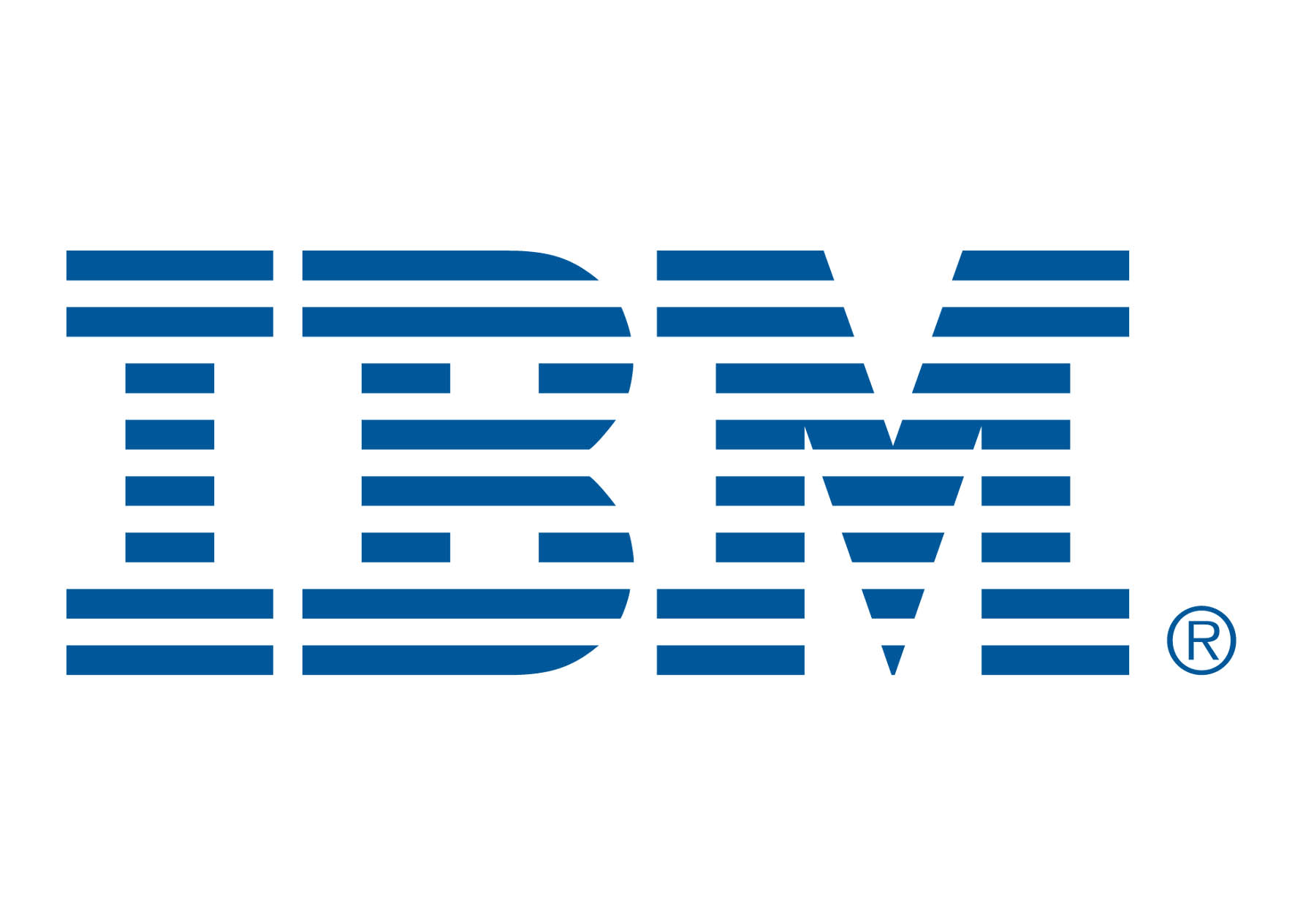This article is sponsored by Career Angel.ai!
Quantum Computing Explained: The Future of Computing—and the Stocks That Will Dominate It
Quantum computing isn’t science fiction anymore—it’s the next industrial revolution hiding behind a wall of physics jargon. While most investors are still focused on AI, quantum computing is what comes after AI: machines that can process possibilities instead of probabilities, and solve problems so complex that today’s supercomputers might as well be abacuses.
This is your clear, fully optimized, and engaging breakdown of what quantum computing is, why it’s shaping the future, and which public companies stand to benefit most when the quantum era goes mainstream.
What Is Quantum Computing (in Human Terms)?
Let’s keep this simple:
- A normal computer uses bits (0s and 1s).
- A quantum computer uses qubits, which can be 0 and 1 at the same time—a property called superposition.
When qubits interact, they become entangled, allowing them to share information instantaneously. That means quantum computers don’t just run one calculation after another; they can explore millions of possible outcomes simultaneously.
Instead of brute-forcing answers, quantum computers can find the pattern—which is why they’re perfect for chemistry, logistics, finance, and artificial intelligence.
Why Quantum Computing Changes Everything
- Drug Discovery and Health Tech
Quantum simulations could predict how molecules interact, compressing what takes years of lab work into hours. That’s revolutionary for companies like Pfizer (PFE) and Johnson & Johnson (JNJ), which depend on molecular modeling. - Finance and Risk Modeling
Imagine a machine that can price every possible future of a financial instrument simultaneously. Quantum systems will power next-generation risk models for firms like BlackRock (BLK), Goldman Sachs (GS), and JPMorgan Chase (JPM)—all of which are already running early pilots. - AI Optimization
AI models take massive compute power to train. Quantum computers can find the most efficient path through vast datasets, drastically reducing time and energy consumption. Expect partnerships between Nvidia (NVDA), Microsoft (MSFT), and quantum startups to accelerate here. - Cybersecurity & Cryptography
Quantum computers could one day break modern encryption standards—but they’ll also create quantum-proof encryption. That’s a multi-trillion-dollar transition for cybersecurity giants like Palo Alto Networks (PANW) and Cisco (CSCO).
The Road Ahead: When It Becomes Real
Quantum computers today are still fragile. Qubits lose coherence quickly, making them error-prone. We’re in what physicists call the NISQ era—Noisy Intermediate-Scale Quantum. But progress is accelerating.
Timeline (realistically):
- Now–2027: Pilot projects and hybrid quantum–classical models.
- 2028–2032: First error-corrected systems and real commercial use cases.
- 2035 and beyond: Full-scale enterprise integration—quantum as a cloud service.
The Stocks Poised to Benefit from Quantum Computing
Here’s who’s building, enabling, and commercializing the quantum future:
1. Core Quantum Leaders
- IBM (IBM): The most advanced superconducting quantum roadmap and cloud access through IBM Quantum.
- Alphabet (GOOGL): Google’s Quantum AI Lab is racing toward fault-tolerant qubits with record-setting milestones.
- Microsoft (MSFT): Azure Quantum integrates hardware partners under one roof—making it the “broker” of the quantum cloud.
- Amazon (AMZN): AWS Braket gives developers on-demand quantum access, an underrated platform play.
2. Pure-Play Quantum Innovators
- IonQ (IONQ): Trapped-ion architecture; first publicly traded quantum hardware firm with real revenue.
- Rigetti Computing (RGTI): Building superconducting systems and hybrid algorithms.
- D-Wave Quantum (QBTS): Commercial leader in quantum annealing, solving niche optimization problems today.

3. The Picks and Shovels (Critical Suppliers)
- Nvidia (NVDA): Building cuQuantum libraries and simulation tools—every quantum lab still runs on GPUs.
- Keysight (KEYS): Makes control systems, measurement instruments, and test hardware for quantum environments.
- Coherent (COHR) and IPG Photonics (IPGP): Laser systems essential to ion-trap and photonic qubits.
- Linde (LIN) and Air Products (APD): Cryogenics and specialty gases used to cool and stabilize qubits.
- Taiwan Semiconductor (TSM) and Intel (INTC): Fabricating superconducting chips and cryo-CMOS controllers.
- Digital Realty (DLR) and Equinix (EQIX): Data-center providers that will host quantum–classical hybrid systems.
4. Quantum Cybersecurity Beneficiaries
- Cisco (CSCO): Developing post-quantum key exchange protocols.
- Palo Alto Networks (PANW): Positioned for the massive enterprise transition to quantum-safe encryption.
Why Investors Should Care
AI is about learning from data.
Quantum computing is about understanding complexity itself.
That makes it the perfect complement to AI—and the likely foundation of whatever comes next. Investors who waited for “proven revenue” in AI missed the early Nvidia run. Quantum computing is in the same early stage—only this time, the map is clearer.
The Bottom Line: Quantum Will Be Invisible but Everywhere
Quantum computing won’t show up as a gadget—it’ll run quietly behind the cloud, the markets, and the medicine of the future. The winners will be those who already dominate the infrastructure and ecosystem today.
To capture that upside, investors should build exposure through core platforms (IBM, MSFT, GOOGL, AMZN), critical suppliers (NVDA, LIN, KEYS), and measured positions in pure plays (IONQ, RGTI, QBTS).
Quantum computing isn’t coming to replace AI—it’s coming to supercharge it.
DISCLAIMER: This analysis of the aforementioned stock security is in no way to be construed, understood, or seen as formal, professional, or any other form of investment advice. We are simply expressing our opinions regarding a publicly traded entity.
© 2025 MacroHint.com. All rights reserved